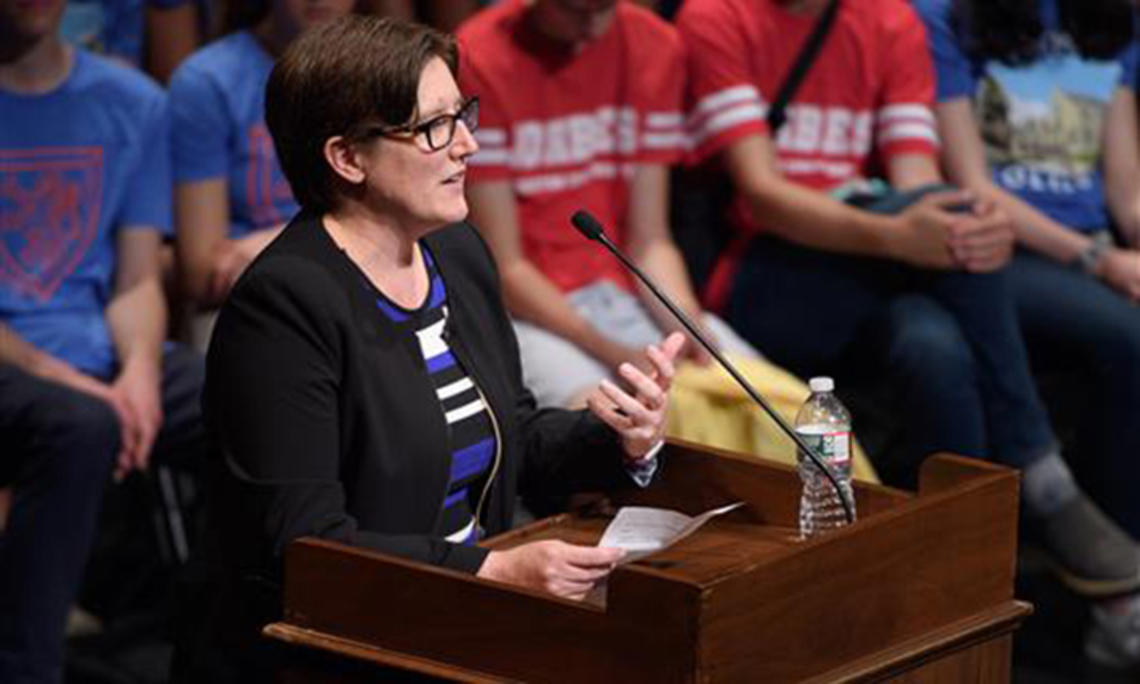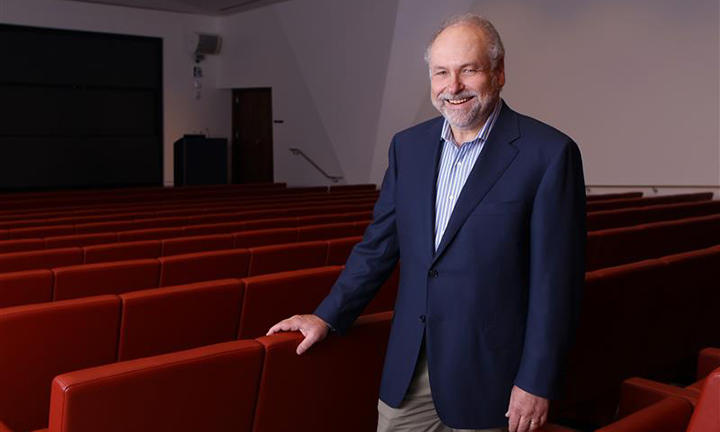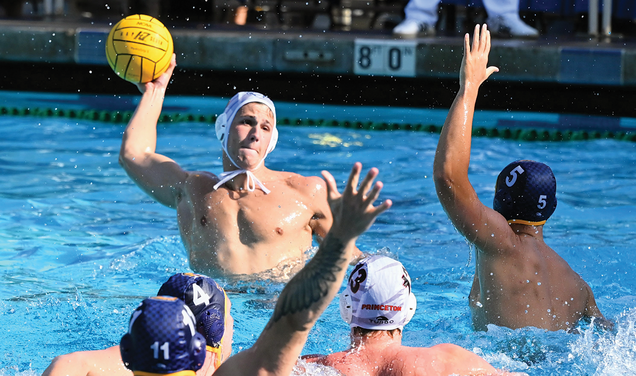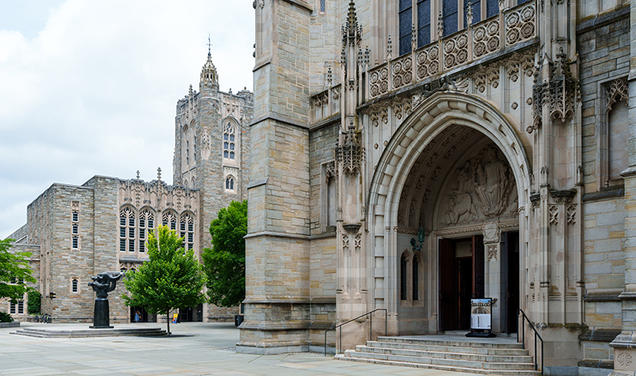Rexford ’91 Named Provost, Research Dean Debenedetti Steps Down
Princeton announces changes in administrative roles that will take effect in 2023

Princeton University announced two changes in major administrative roles Tuesday: Computer science professor Jennifer Rexford ’91 was appointed as the next provost, and chemical and biological engineering professor Pablo Debenedetti will step down as dean for research after 10 years in the role.
Rexford, a former Pyne Prize winner who chairs the computer science department and has been on the faculty since 2005, will become provost March 13, taking over for Deborah Prentice, who is leaving the Princeton to become vice-chancellor of the University of Cambridge. The provost leads Princeton’s budgeting process, oversees long-term planning, and serves as the chief academic officer.
In a University release, President Christopher Eisgruber ’83 called Rexford “a proven administrator, a decorated researcher in computer science, an excellent teacher, and a wonderful University citizen who collaborates beautifully with people throughout the Princeton community.”
Rexford has overseen a period of exceptional growth in her department. Computer science is now Princeton’s most popular undergraduate major by a wide margin, with 381 junior and senior concentrators in 2021-22, according to University statistics. The second-most popular major, economics, had 267.
“Computational thinking is becoming universal as a mode of thought,” Rexford told PAW in 2016, for a story about her department’s expansion. “Everything is being transformed by computing.”
Since then, the growth trajectory has continued. More than half of undergraduates take computer science’s introductory course, and the department has 48 tenure track faculty members and 12 teaching faculty.
“Being chair of the computer science department for the last seven plus years, I have found it very rewarding to help my department through a period of unprecedented growth in student interest, in faculty, and in research connections all across campus,” Rexford said in the University release. “Being named provost feels like the same thing on a different scale. The University is going through so much expansion physically and intellectually. And so, I feel similarly, that being part of shepherding that process is really exciting.”
Debenedetti, the University’s second dean for research, succeeded inaugural dean A.J. Stewart Smith *66 in 2013. In the last decade, he has led Princeton’s research agenda and overseen growth in sponsored research (up 59% since 2013) and industry and foundation awards (up 80% since 2014). He also created the role of vice dean for innovation and initiated funding programs that encourage faculty to take risks and follow their curiosity, according to a University release.“Pablo Debenedetti has guided Princeton’s research enterprise with skill, integrity, vision, and an unwavering commitment to the values of this University,” Eisgruber said in the release. “He has always maintained the highest ethical and scholarly standards, and his leadership and diligence were indispensable as the University navigated the many phases of the pandemic.”
Recent additions to Princeton’s research program include an I-Corps regional innovation hub, funded by the National Science Foundation, and the Princeton Alliance for Collaborative Research and Innovation, which supports collaborations between Princeton faculty and peers at five Historically Black Colleges and Universities.
Debenedetti, a faculty member since 1985, chaired the chemical engineering department and served in the engineering school’s administration before becoming dean for research. He said he sought out the role because “it seemed like a good opportunity to give back to Princeton a little fraction of what Princeton has given to me.”
According to the release, he plans to take a sabbatical in 2023-24 and then retire from the faculty. The University said it will begin a search for his successor.










0 Responses